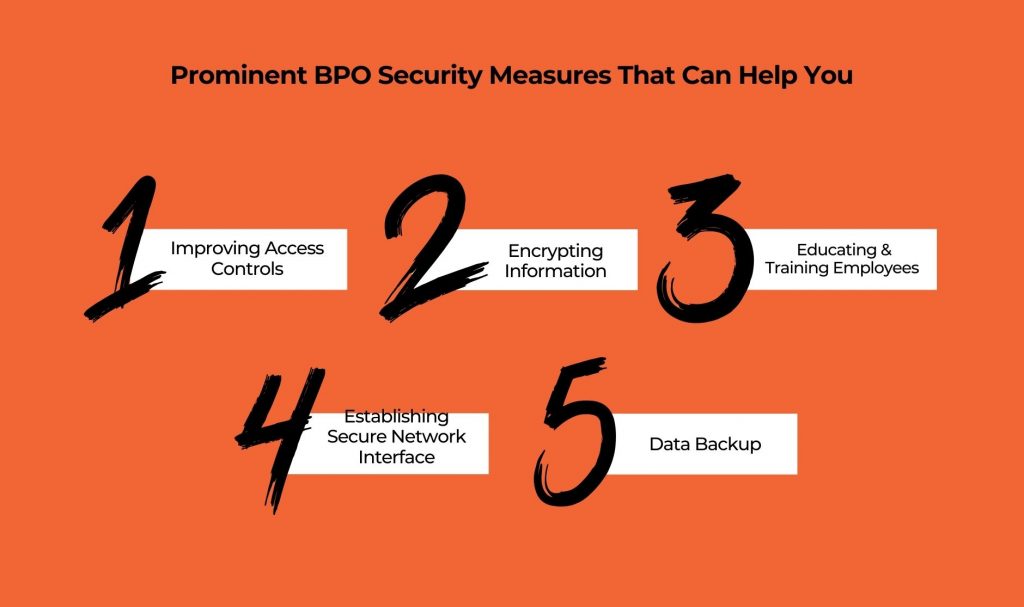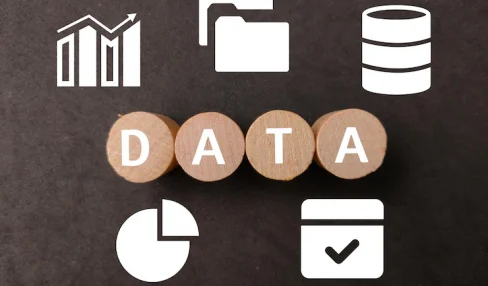The Importance Of Data Security In BPO Services Provider Selection
5 Mins Read
Published on: 30 September 2023
Last Updated on: 21 January 2025

toc impalement
Business Process Outsourcing (BPO) is experiencing remarkable growth, with more businesses increasingly relying on external service providers to handle critical functions. As this trend continues, ensuring data security becomes paramount in the BPO service provider selection process.
Read on to explore the significance of data security in the BPO industry, the risks of data breaches, measures BPO service providers can take to safeguard sensitive data and critical considerations for selecting a reliable and trustworthy BPO service provider.
Before we dive in, check out PharmBills.com, a reputable BPO service provider known for its commitment to data security.
Understanding Data Security in the BPO Industry
Data security protects sensitive and confidential information from unauthorized access, use, disclosure, and modification. In the BPO industry, service providers often handle vast amounts of sensitive data on behalf of their clients, making data security a crucial aspect of their operations. As businesses entrust their valuable data to external providers, it is essential to prioritize data security to prevent potential breaches and safeguard their reputation and customers’ trust.
Risks Of Data Breaches In BPO Services
BPO service providers deal with sensitive data, including customer information, financial records, intellectual property, and confidential business data. The risks associated with data breaches can be severe, leading to financial losses, legal repercussions, and damage to a company’s reputation. As a result, businesses must be cautious when selecting a BPO service provider and ensure they have robust data security measures in place.
How BPO Service Providers Can Ensure Data Security

To ensure data security, BPO service providers should implement a range of measures:
Industry-standard security Protocols and Certifications
Providers should adopt industry-standard security protocols and obtain relevant certifications to demonstrate their commitment to data security. These may include ISO 27001, SOC 2, and GDPR
ISO 27001 is an information security standard created by the International Organization for Standardization (ISO), which provides a framework and guidelines for establishing, implementing, and managing an Information Security Management System (ISMS).
Security Operations Center (SOC 2) compliance is a set of security and privacy standards for service providers. The American Institute of Certified Public Accountants designates this reporting platform.
General Data Protection Regulation (GDPR) compliance means an organization meets the requirements for adequately handling personal data as defined in the law.
Employee Training and Awareness
Employee training is vital in maintaining data security. Service providers should regularly educate their staff on best practices, data handling procedures, and the latest security threats.
Prominent BPO Security Measures That Can Help You

BPO security measures are very important. This is primarily because the process deals with sensitive information that can wreak chaos if left in the wrong hands. Therefore, understanding the overall essence of the BPO security measures is quite important, to say the least.
Here are some of the prominent security measures that you need to understand if you are planning on developing your own security measures. Here we go!
Improving Access Controls
The foremost thing for you to do is to strengthen your access control. Secured access control ensures that the data point is accessed under constant vigilance and understanding. Therefore stopping any breaches.
Encrypting Information
BPO, as a business sector, deals with a ton of sensitive data. Data that stores information about the customer and can enable phishers to create datasets to help scammers steal identity. As a result, ensure that the data points are secured using encryption.
Educating & Training Employees
The third important aspect that we have already discussed is about training the employees. You must ensure that every employee understands what you guys are working towards. This will help everyone to be on the same page. Ensuring that things work out smoothly and without any hassle.
Establishing Secure Network Interface
A security network interface is another very important detail that BPO security departments need to understand and implement. A secured network interface is like a closed data dissemination unit. A unit where foreign elements cannot enter or breach in any way. This literally reduces half of what the problem is.
Data Backup
Data breach is not the only problem you can face. Corruption or loss is also there in the itenary. Hence, you must have some backups. Something that can help you get ahead in times of crisis.
Considerations When Selecting a BPO Service Provider
When selecting a BPO service provider, businesses should prioritize data security and consider the following factors:
Track Record and Reputation
Look for a provider with a proven track record and a strong reputation for data security. Client testimonials and case studies can provide valuable insights into their performance.
Conducting Due Diligence
Evaluate potential BPO service providers thoroughly, examining their security protocols, certifications, and track record in data protection.
Implement Clear Security Requirements
Communicate your data security requirements to the chosen provider, ensuring they align with your business’s confidentiality needs.
Establish Strong Contracts
Develop comprehensive and legally binding agreements that explicitly outline data security expectations and the consequences of any breach.
Regularly Monitor and Audit
Continuously monitor the BPO provider’s data security measures and conduct periodic audits to verify compliance and identify potential vulnerabilities.
Provide Ongoing Training
Encourage ongoing training for your employees and the BPO provider’s staff to stay updated on the latest data security practices. Partnering with a reputable and secure BPO service provider like PharmBills offers the advantage of a reliable ally in data protection, providing peace of mind and paving the way for successful and safe outsourcing experiences.
Conclusion
Prioritizing data security during the selection process ensures the protection of valuable data, upholds the company’s reputation, and fosters trust among customers.
Businesses should take the aforementioned BPO security measures to keep their businesses safe and secure. Therefore, ensure that you have all the lock gates in and the security checks in place. Hence ensuring that you have all the tools that can help you up your security game.
If you liked this piece of content, then do let us know and keep following our page for more such content on business management and entrepreneurship.
Read Also:


















Comments Are Closed For This Article